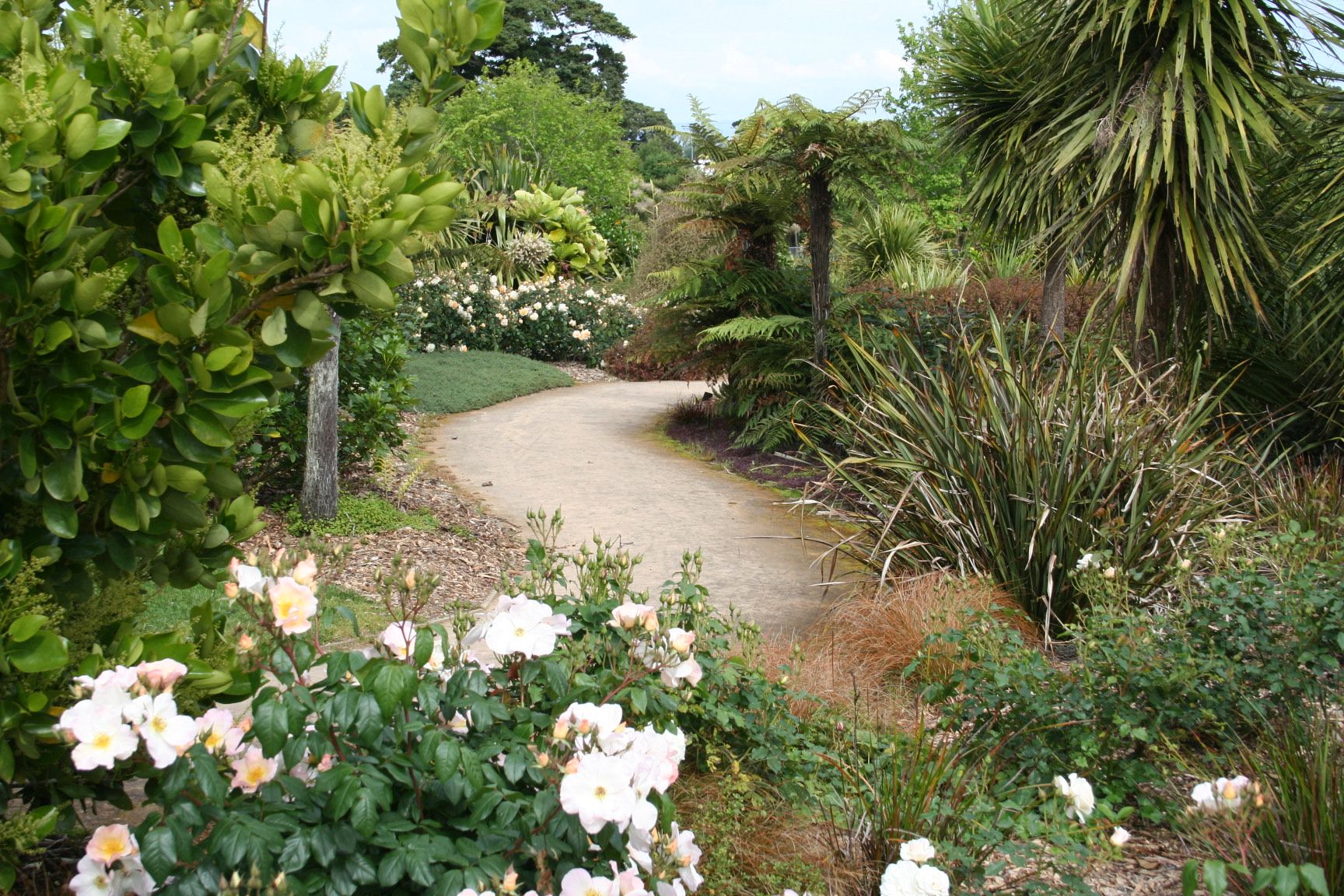Growing roses without chemicals: transitioning the collection at Auckland Botanic Gardens (New Zealand) 2000–2020
DOI:
https://doi.org/10.24823/Sibbaldia.2022.353Keywords:
Roses, Rose trials, Sustainable cultivationAbstract
The Rose Garden at Auckland Botanic Gardens displays rose cultivars which perform well and remain healthy in Auckland, New Zealand, without pesticide applications. Miticides, insecticides and fungicides are not used. Suitable cultivars are chosen for public display to inspire gardeners and encourage visitors to make their own rose selections based on personal preferences from an array of proven performers. These are identified to the public as ‘Star Performers’. Here the process of trialling, identifying and displaying old shrub and modern rose cultivars that have achieved Star Performer status over the past 20 years is presented. This work demonstrates the role that botanic gardens can play in promoting sustainable horticultural practices.
References
AGGIE HORTICULTURE (N.D.). Earth Kind Roses. Available online: https://aggie-horticulture.tamu.edu/earthkindroses (accessed May 2020).
AMERICAN ROSE TRIALS FOR SUSTAINABILITY® (N.D.). What we do. Available online: www.americanrosetrialsforsustainability.org (accessed May 2020).
AUCKLAND BOTANIC GARDENS (2020). Plants for Auckland. Available online: www.aucklandbotanicgardens.co.nz (accessed May 2020).
DEBENER, T. & BYRNE, D.H. (2014). Disease resistance breeding in rose: current status and potential of biotechnological tools. Plant Science, 228: 107–117. doi: https://doi.org/10.1016/j.plantsci.2014.04.005
GRANT, D. & FLINT, T. (1998). Rose spraying trial. The New Zealand Rose Annual: 56–58.
KUKIELSKI, P.E. (2015). Roses Without Chemicals: 150 Disease-Free Varieties That Will Change the Way You Grow Roses. Timber Press, Portland, OR.
MACKAY, W.A., GEORGE, S.W., MCKENNEY, C., SLOAN, J.J., CABRERA, R.I., REINERT, J.A., COLBAUGH, P., LOCKETT, L. & CROW, W. (2008). Performance of garden roses in north-central Texas under minimal input conditions. HortTechnology, 18(3): 417–422. doi: https://doi.org/10.21273/HORTTECH.18.3.417
SMULDERS, M.J., ARENS, P., BOURKE, P.M., DEBENER, T., LINDE, M., DE RIEK, J., LEUS, L., RUTTINK, T., BAUDINO, S., SAINT-OYANT, L.H. & CLOTAULT, J. (2019). In the name of the rose: a roadmap for rose research in the genome era. Horticulture Research, 6(1): 1–17. doi: https://doi.org/10.1038/s41438-019-0156-0

Downloads
Published
Issue
Section
License
Copyright (c) 2022 Emma Bodley, Paula Lollback, Jack Hobbs, Mere Brewer, Rebecca Stanley

This work is licensed under a Creative Commons Attribution 4.0 International License.
Please read our Open Access, Copyright and Permissions policies for more information.





